Mental health: our society disregards men’s mental wellbeing (Opinion)
Welcome to The Mav’s mental health editorial series: The Patchwork Project
February 24, 2022
All opinions are those of the writers themselves and do not promote any official view or stance of Mead High School or St. Vrain Valley Schools.
I have spent the majority of my life in an environment very divided in terms of guidelines, trust, and consequences; alternating between overprotective and restricted to accepting and trusting.
Because the parenting styles of my parents are so different, I’ve always leaned towards going to one parent more than the other in specific situations. I also often opted to turn to peers and other close people in my life.
Even in this modern generation, I feel that as kids, we were not offered nearly enough mental health resources. In many instances, mental health difficulties weren’t seen as a reality when I was younger. I grew up thinking that I could either feel happiness or anger — sadness wasn’t an option. I felt that there were no gray zones or emotions that weren’t tied to an exact event or reason.
It’s not that adults disregarded mental health, they just didn’t seem to understand. When they were kids, the concept of mental health was momentary and fleeting. Everything was so different — how could they relate to what I was going through?
I am an older brother to younger siblings. This meant that putting on a brave face was always part of my life. The instinct for younger siblings to be able to look up to me and know that I was “okay” and “stable” is something I continue to struggle with.
Another societal part of mental health that I’ve had to deal with is the stigmas surrounding men’s mental wellbeing. The culture of toxic masculinity and disregarding of men’s mental health has led to men not reaching out to gain the support and treatment that they need.
As a man, I’ve felt that I either have to take care of myself on my own or prove to others that I’m stronger than I actually am and don’t need help.
I’ve wanted to follow in my dad’s footsteps my whole life, and to me, that means “being a real man”. I want to be accepted by him, my friends, and others. In the past and even sometimes now, I’ve tried to depict myself as someone who doesn’t deal with mental health in order to prove that I’m as strong as others say I am.
Realistically I know that it’s okay to be sad, and when I view others being emotional, I validate it for the most part. But because I’ve put the concept of negative emotion on such a peditstol, my environment has built up this narrative that being sad should be brief and physical, not internal or lengthy.
Even though I know this isn’t true, I still sometimes treat sadness as if it isn’t worth putting time towards. The stigmas I face and fear I personally carry have invalidated my feelings.
Spending more time with myself and better understanding who I am as a person can be attributed to the pandemic. It helped me rethink a lot of decisions I’ve made in the past, and I was able to recognize the friendships that I was engaged in and coping mechanisms I used were unhealthy.
If you relate to any of my experiences, there are a couple suggestions that I’ve used in my own life to better my wellbeing and improve my outlook on mental health. When given the opportunity, choose to do things that make a positive impact, whether that be on one person or something bigger. Helping everyone no matter who they are or why they need help has allowed me to value the impact of others in my own life.
Whenever I’m stressed or just mad at the world, one of the things I love to do is put on headphones and go on a longboard ride. It’s relaxing; it helps me disconnect. I also find relaxation through cooking and playing video games.
Find a healthy balance between dealing with reality and taking time away from it.

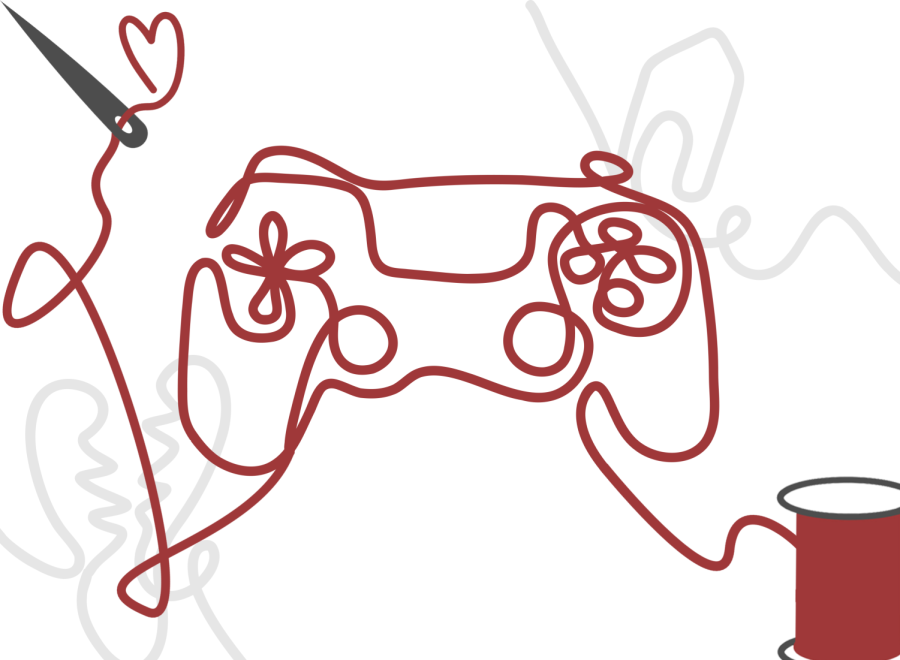
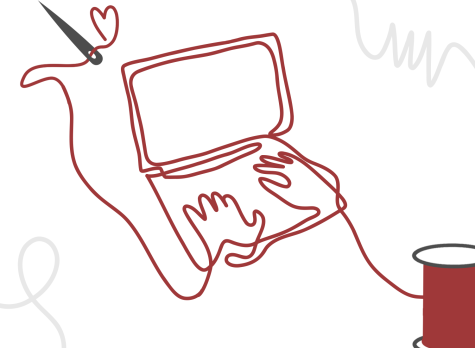
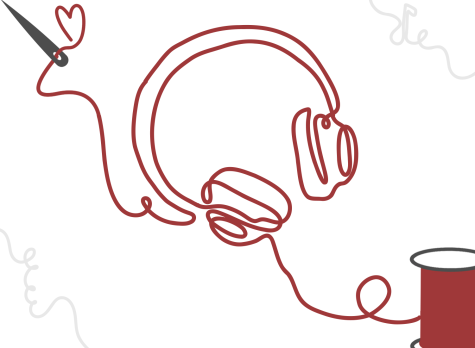
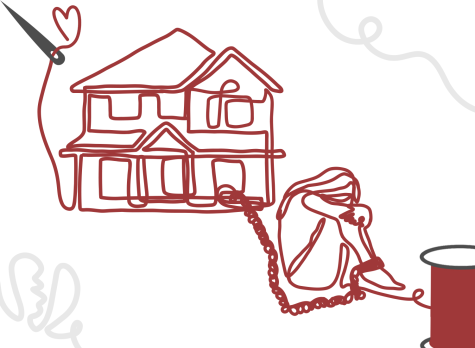
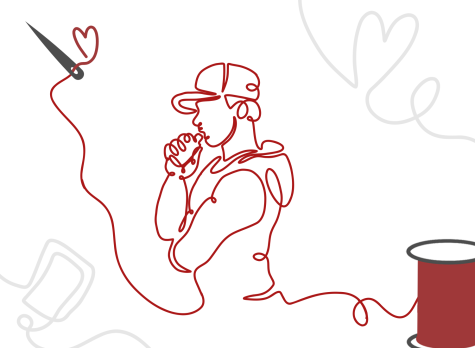
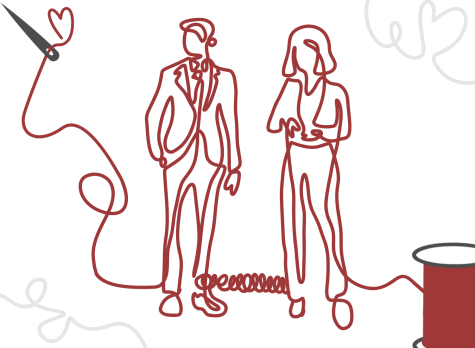
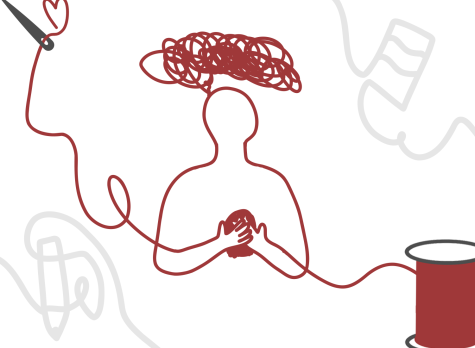
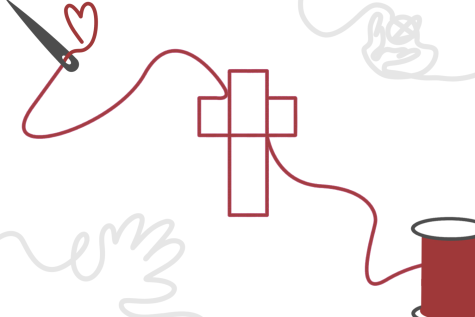
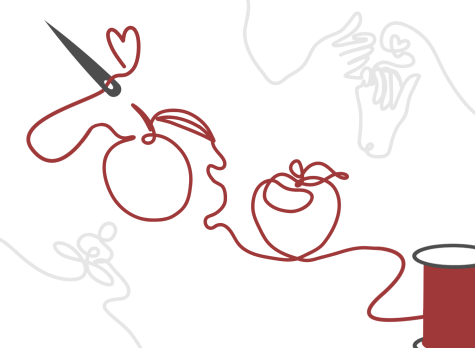

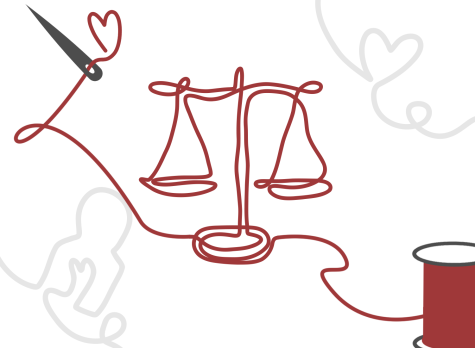
Kohdie • Mar 14, 2022 at 9:27 am
I agree with this 100% men’s mental health isn’t taken very seriously and there is a lot of pressure to be what we are viewed as. I can’t describe to you how much I understand this especially with segregation in being a gay male. It is hard to be what everyone wants you to be and even when nothing you still can be upset just to be upset.
Kadin • Mar 14, 2022 at 9:23 am
Toxic masculinity is not talked about enough and neither is Men’s mental health, this article showcases the problems with both in a good, tasteful way.